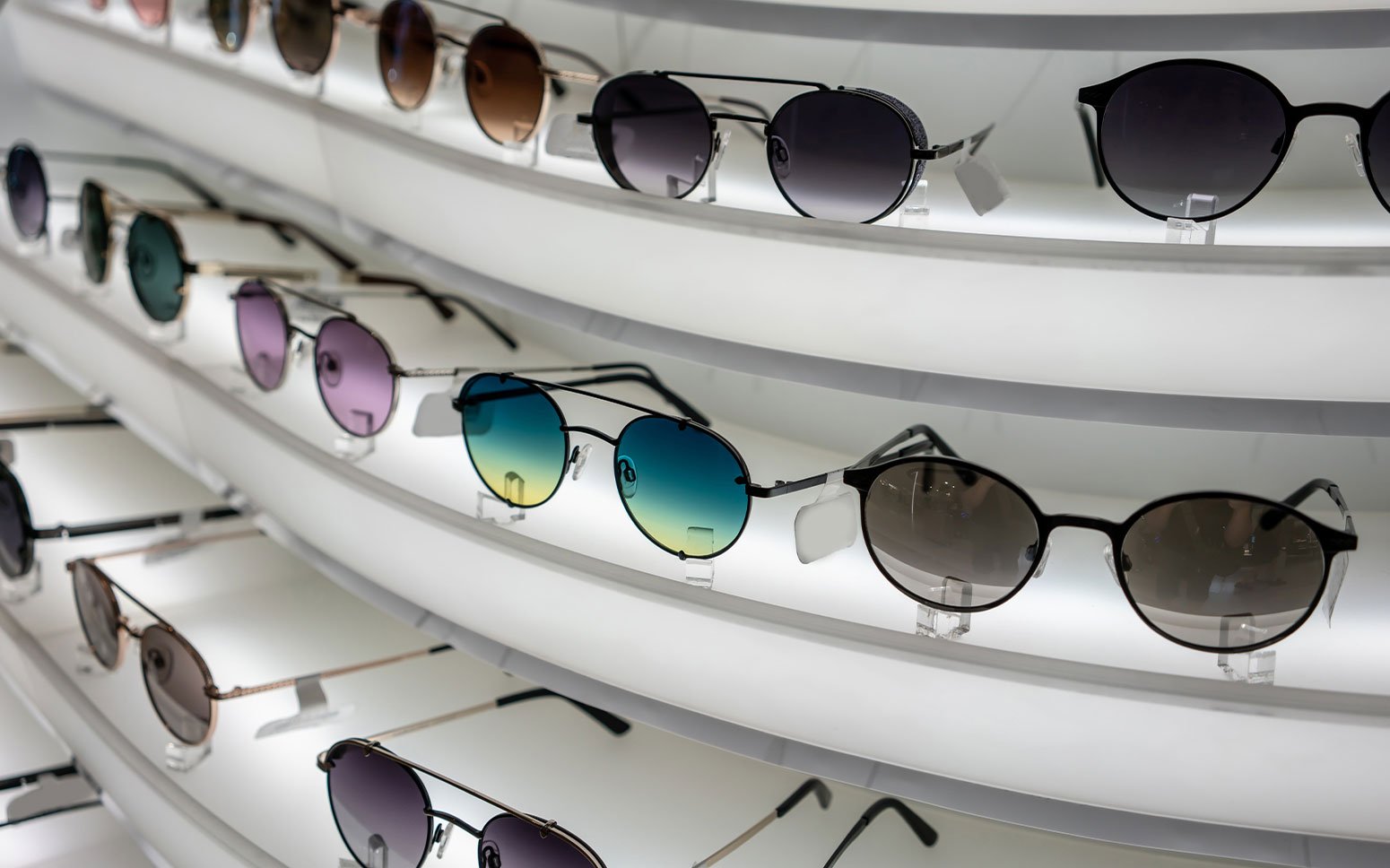Share this
Is Luxury Retail Immune to Speed to Market Woes?
by Surefront on Mar 9, 2023 9:26:04 AM
Home > Blog > Is Luxury Retail Immune to Speed to Market Woes?
Table of Contents
- The evolution of luxury fashion retail
- What are the top 10 luxury retail brands?
- The trend for luxury retail in 2023
- Unified product collaboration platforms expedite the process
Surefront is a Unified Product Collaboration Platform with PIM, CRM, and PLM solutions. It's a centralized data home where stakeholders can freely share product information and assign access permissions. Most integrations are supported in Surefront, but none are needed. Our articles often focus on one aspect of our unified PIM, PLM, and CRM platform. With Surefront, each solution seamlessly works together to achieve a guaranteed 10x ROI for every customer.

Luxury fashion retailers have faced many challenges in recent years. From supply chain woes to declining sales, from PR nightmares to the resale boom, luxury retail brands need unprecedented agility to keep up with the curve. Supply chain disruptions haven’t ended now that the pandemic has begun to wane. Speed to market remains a challenge for retailers across the board. In fact, over 50% of executives in the fashion industry expect supply chain disruptions to be a top factor inhibiting global economic growth in 2023.
In this environment, the nature of supplier/retailer relationships is changing. Supply chain woes have forced retailers to seek out new suppliers, or give their existing suppliers more control over the relationship. A whopping 60 percent of fashion executives are considering forming partnerships with their existing suppliers.
Let’s take a look at how luxury fashion retailers can expedite speed to market and retain consumer interest, whichever way the wind blows.
The evolution of luxury fashion retail
We’re coming out of a global health and economic crisis. To say that luxury consumer priorities have shifted is an understatement. Prior to the pandemic, specialty retailers had a growing 20% share of the personal luxury goods market. But, when Covid hit, specialty luxury retail sales took a dip, declining by 10% by 2021. Middle class luxury consumers are saving money and focusing on experiences rather than things,
Even China, a central hub of luxury fashion retail, has fewer luxury consumers this year. China’s luxury market shrunk by 10% in 2022. However, those that do buy are spending more on purchases, since luxury fashion houses hiking prices during the height of the pandemic hasn’t deterred the wealthiest consumers from buying luxury.
What are the top 10 luxury retail brands?
To understand consumer expectations of luxury brands’ speed to market, we first need to know how the biggest luxury brands mastered their supply chain. The most successful luxury fashion companies in the world already have measures in place to reduce lead time. Most use a variety of supply chain strategies to meet diverse inventory requirements for different sales outlets under one banner brand.

Let’s take a look at what the supply chains of the top 10 luxury fashion retail brands have in common. Here were the top 10 luxury retail brands at the beginning of 2023, linked to the latest supply chain news about each company:
Let’s go a little deeper. The International Journal of Productivity and Performance Management found three types of supply chain strategies to be the most effective for most luxury fashion brands: 1) a lean supply chain strategy to create a cost effective operation, 2) an agile supply chain strategy crafted to enable quick adaptation to change as it comes, and 3) a hybrid strategy with elements of 1 and 2 combined.
As you can see, even the most seasoned luxury fashion retail brands have revamped supply chains, reconsidered supplier relationships, and re-evaluated production methods in recent years.
The trend for luxury retail in 2023
Sustainability practices catapulted to the top of the list of customer concerns in recent years. Particularly for Gen Z and Millennial consumers, who are driving 85% of global luxury sales. So, it should come as no surprise that resale is the main trend for luxury retail in 2023, closely followed by digital sales. Many second hand luxury purchases will take place digitally. So these two trends aren’t mutually exclusive, but rather reflect an evolution in consumer sentiment that will change the course of luxury fashion retail as a whole.

Sales growth in the resale luxury goods market accelerated by 28% in 2022. That’s 1.3 times the growth rate for brand new luxury goods. Besides Gucci’s experimental resale vault, however, few of the top 10 luxury retail brands on our list have managed to fold resale into their offerings. It’s worth noting that the supply chain on resale products is significantly more complex than traditional luxury items. Since resale is the #1 trend for luxury retail in 2023, you can expect luxury fashion brands investing in back of house management oriented software suites this year.
Share this
- PLM Software (36)
- PIM Software (29)
- Apparel & Fashion (20)
- Trending Topics (20)
- Merchandising (16)
- CRM Software (13)
- PLM Implementation (11)
- Catalog Management (6)
- Tech Packs (6)
- PLM RFP (5)
- Success Stories (5)
- Sustainability (5)
- Data Import (4)
- Line Sheet (4)
- Luxury Goods & Jewelry (4)
- Product Development (4)
- Retail (4)
- Supply Chain (4)
- Category Management (3)
- Home Furnishings (3)
- Wholesale (3)
- Consumer Packaged Goods (CPG) (2)
- Cosmetics (2)
- Data Export (2)
- Health & Beauty (2)
- RFQ & Quote Management (2)
- Consumer Electronics (1)
- Import & Export (1)
- Industry Events (1)
- Inventory Management (1)
- Pet Stores (1)
- Purchase Orders (1)
- Report Builder (1)
- Textiles & Raw Materials (1)
- Unified Solution (1)
- Vendor Management (1)
- Visual First (1)
- White Paper or Case Study (1)
- workflow (1)
- October 2025 (3)
- September 2025 (3)
- August 2025 (4)
- April 2025 (4)
- March 2025 (3)
- January 2025 (8)
- December 2024 (5)
- November 2024 (3)
- October 2024 (5)
- September 2024 (6)
- August 2024 (2)
- July 2024 (1)
- June 2024 (3)
- May 2024 (4)
- April 2024 (5)
- March 2024 (3)
- February 2024 (2)
- December 2023 (4)
- September 2023 (2)
- August 2023 (5)
- July 2023 (3)
- June 2023 (2)
- May 2023 (2)
- April 2023 (4)
- March 2023 (5)
- February 2023 (3)
- January 2023 (5)
- December 2022 (4)
- November 2022 (3)
- October 2022 (4)
- September 2022 (5)
- August 2022 (4)
- July 2022 (2)
- May 2022 (1)
- February 2022 (1)
- January 2022 (1)
- September 2021 (1)
- May 2021 (1)
- April 2021 (1)
- February 2021 (1)
- May 2020 (1)